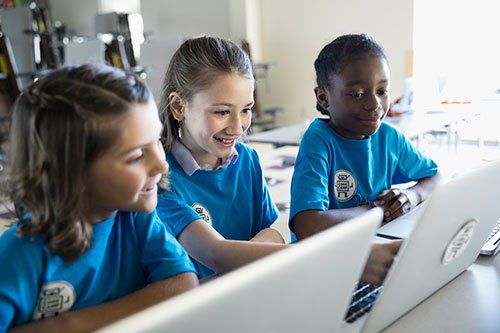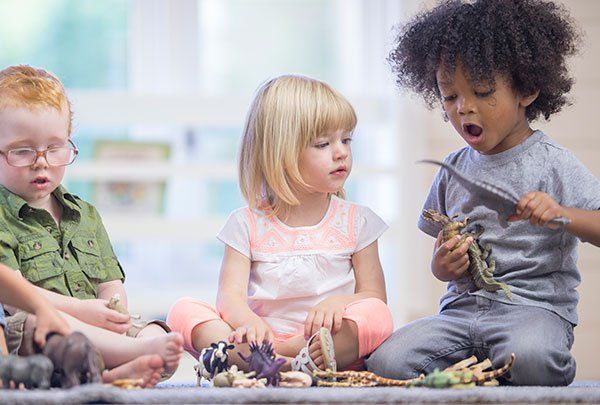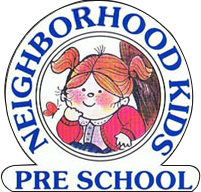Prevent Separation Anxiety During the First Week of Preschool
- By Admin
- •
- 05 Jan, 2018
- •
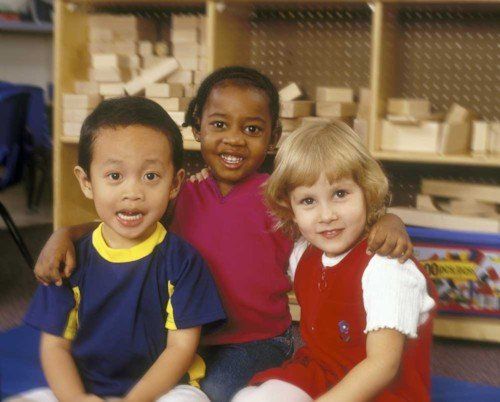
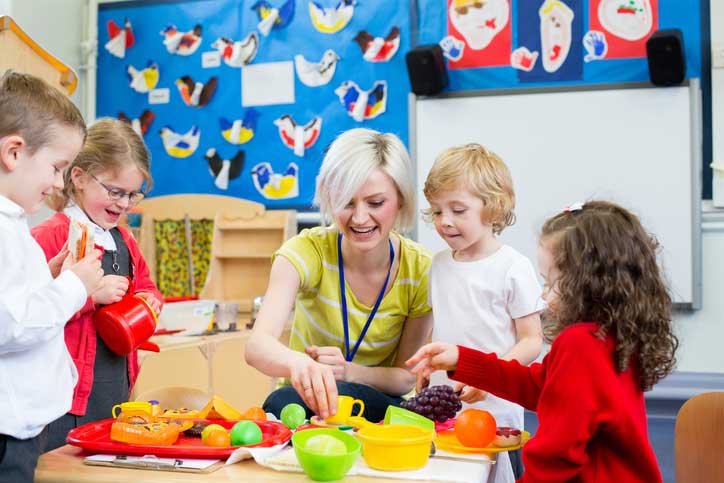
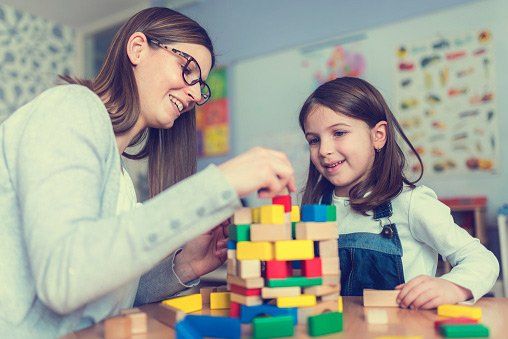
Preschoolers are naturally curious. Exploration, discovery, and experimentation are activities that your 3- to 5-year-old is constantly ready to tackle. Here's where science comes into play - literally. It may seem like your child is just playing during their school day. But they're actually learning. That is, they're learning though play.
Science is one of those traditionally academic subjects that your child will dive into during their preschool years. Even though you may remember science as lengthy lectures by a boring professor or endless pages in a dry textbook, in the early childhood classroom this subject looks very different.
Along with the science activities your child engages in during their school day, you can extend the learning at home. What can you do to help your child explore science concepts? Don't worry if you don't have a PhD in chemistry. Take a look at these easy ideas for playing with science at home.
